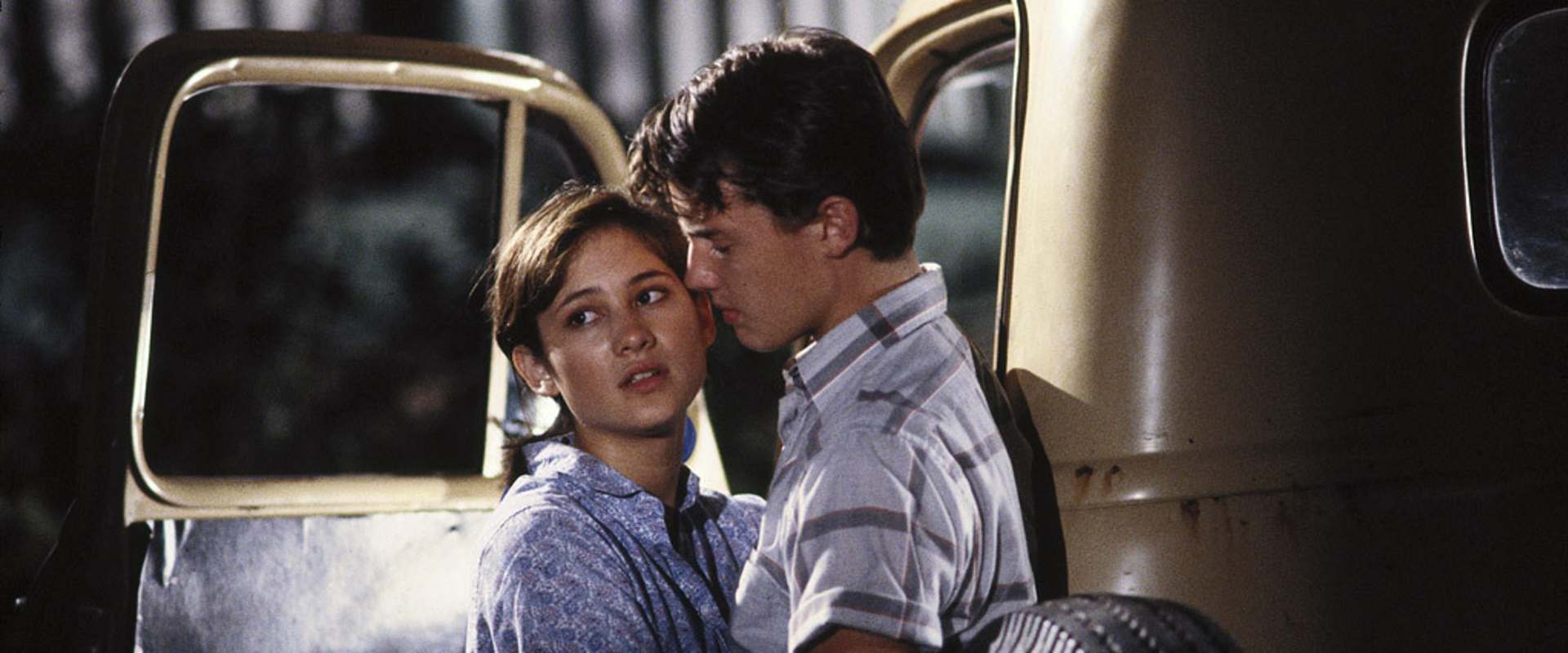
He understood that a live performance is rarely more fascinating than when it is going wrong. His material was inspired by shabby nightclub and lounge acts.
#Man on the moon movie truth tv#
The film, and written by Scott Alexander and Larry Karaszewski, begins with Kaufman as a troublesome kid in his room, refusing to go out and play, preferring to host his own TV variety program for the cameras he believed were hidden in his bedroom walls. Not only is he working without his own net-he's playing a guy who didn't use a net. That he can suppress his own desire to please takes a kind of courage. That he can evoke the complexities of Kaufman's comic agonies is a little astonishing. Carrey is himself a compulsive entertainer who will do anything to get a laugh, who wants to please, whose public image is wacky and ingratiating. Carrey is as big a star as Hollywood has right now, and yet fairly early in "Man on the Moon,'' we forget who is playing Kaufman and get involved in what is happening to him. The film has a heroic performance from Jim Carrey, who successfully disappears inside the character of Andy Kaufman. When something is not working in Kaufman's act, it's not working in the movie, either, and it's not funny, it's painful.
#Man on the moon movie truth movie#
The movie doesn't turn him into a sweet, misunderstood guy. But essentially it stays true to his persona: A guy who would test you, fool you, lie to you, deceive you and stage elaborate deceptions, put-ons and hoaxes. Oh, it brightens things up a little (the cookie and milk evening at Carnegie Hall wasn't his farewell concert, because by then he was far too unemployable for a Carnegie booking). What is most wonderful about "Man on the Moon,'' a very good film, is that it remains true to Kaufman's stubborn vision. It is poetic justice that Andy Kaufman now has his own biopic, directed by Milos Forman and starring Jim Carrey. But Kaufman enjoyed that, too: He was fascinated by the relationship between entertainer and audience, which is never more sincere than when the entertainer is hated.

The last years of his life, his biographer Bill Zehme tells me, were spent in mostly unemployed show-biz free fall.

He was not the most successful comedian of his time.


 0 kommentar(er)
0 kommentar(er)
